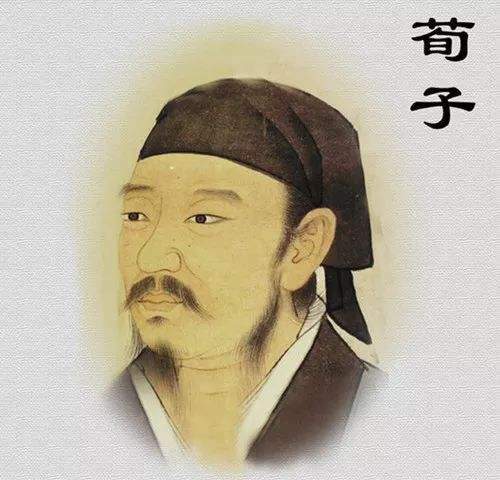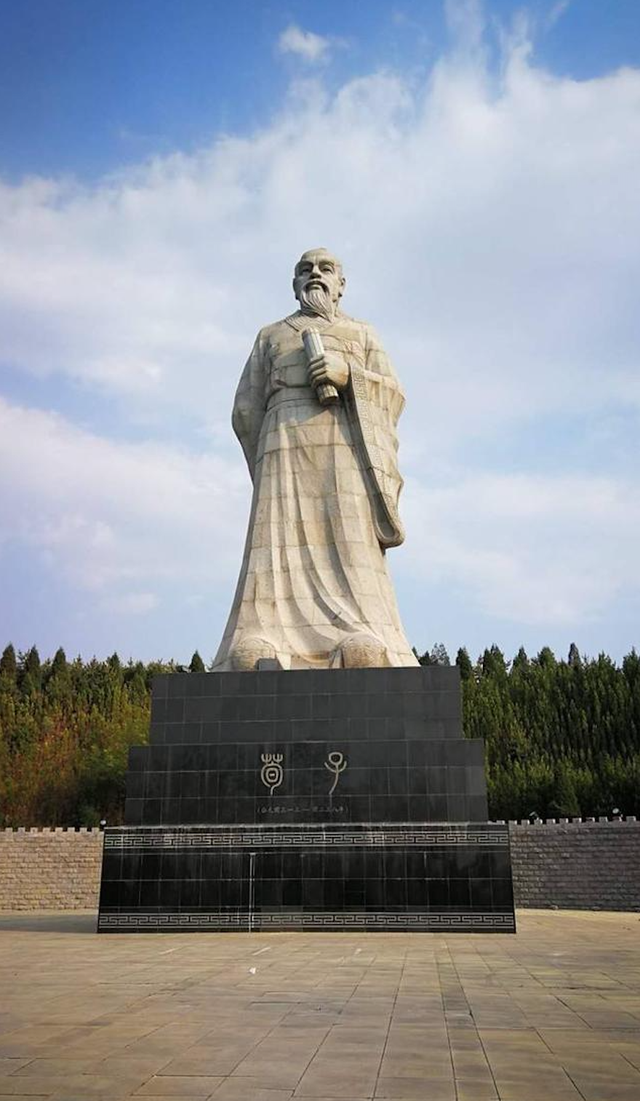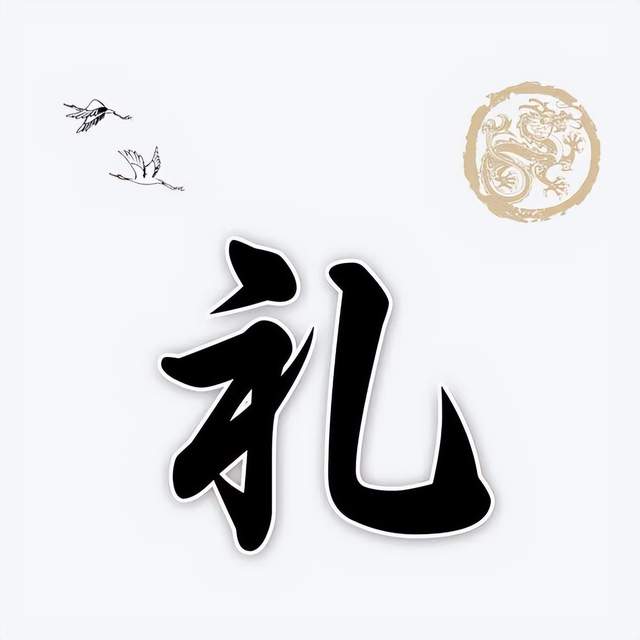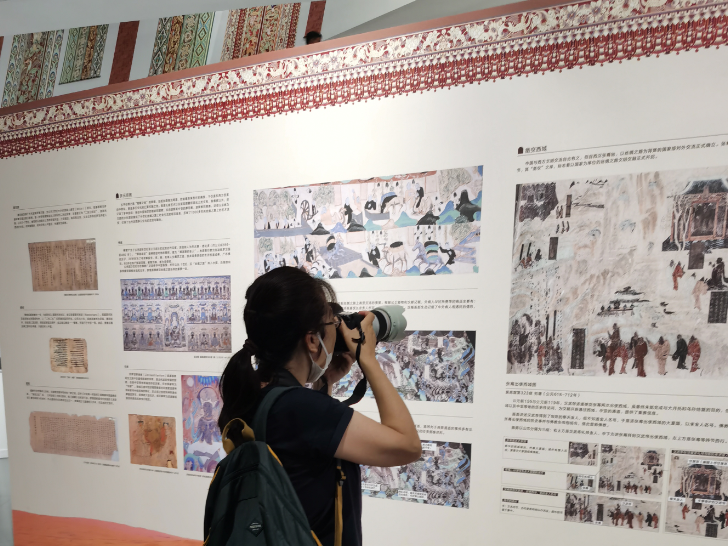The three major thinkers of the pre -Qin Confucianism: Confucius, Mencius and Xunzi, why is Xunzi the most special?
Author:Liu Xiaoshang Time:2022.09.09
Hello everyone, next, I will use a series of content to introduce the famous ancient thinkers, politicians, and Confucian school representatives in ancient my country: Xunzi. There are three major thinkers in the pre -Qin Confucianism. They are: Confucius, Mencius and Xunzi.
But Xunzi is definitely the most special. Some people say that Xunzi is not Confucian, but the Frenchman, and some people say that Xunzi is called "Xun family". Xunzi not only cultivated two famous disciples Li Si and Han Feizi to help Qin Guo achieve unification.

Moreover, Xunzi also put forward ideas such as "the queen king", "the Tao but the three generations, and the king of the law". At the same time, he also appreciated the strategy of "governing the country according to law and the country and strong soldiers". More importantly, Xunzi put forward the important idea of "human nature's evil", so it needs etiquette to restrain people's behavior. Xunzi said that "the nature of the people today will be treated by the teacher and then the etiquette." This laid the ideological foundation for the concept of "governing the country with the country" in the later legalists. Of course, Xunzi's thoughts did not take the "law" as the core, and still based on the core of Confucianism "benevolence".
In short, in Xunzi's thoughts, the integration of Confucianism and legalists, especially in ethics, morality and the rule of governance of the country. Of course, the mainstream still attributed Xunzi to Confucianism. However, in later generations, Xunzi's thoughts did not respect the Confucian thoughts of the mainstream. There was also a wave of "destroying" in the Song Dynasty. In Song and Ming's science and mind, few people praised Xunzi's thoughts.

Xunzi's thoughts are based on Confucianism and have both the spirit of the legalist, which makes Xunzi's thoughts have a unique temperament. If Mencius is a representative of Confucian idealism, then Xunzi is a representative of Confucian realism. Why do you say that? This starts with their background and ideological propositions. Mencius and Xunzi also lived in the Warring States Period. The difference was that Mencius was in the middle of the Warring States Period, and Xunzi was in the late Warring States Period. In the era of warfire and heroes, Mencius proposed the concept of "sexual good theory" and "people and noble monarchs". Obviously, there is an idealism. Therefore It was not valued by the monarchs of all countries at that time.
In the end of the Warring States Period, Xunzi was different. He proposed a completely different "sexual evil theory" from Mencius, developed Confucius' "etiquette" in political ideas, advocated "ritual and law", and increased on the basis of "rituals". The idea of "law", compared with Kong and Meng, Xunzi's thoughts have more realistic colors. At the same time, Xunzi also emphasized the punishment of politeness and moral education. This is a bit similar to the "governing the country with the law" advocated by the legalist. Therefore, we can say that Mencius is an idealist and Xunzi is a realist.
Well, briefly introduced Xunzi's thoughts. Before the specific development of Xunzi, we still introduced the life of Xunzi as usual. Xunzi, the name, the word Qing, is the Zhao Guoren of the late Warring States Period, in today's Hebei and Shanxi area. He was born in about 313 BC and was a well -known politician, writer and thinker at the end of the Warring States Period. Like other Confucianists, Xunzi has also traveled to various countries. His footprints are spread all over Zhao, Qi, Qin, and Chu.
He studied Qi State at the age of fifteen and became the best person in the "His Majesty Palace" opened in the era of Qiwei and Xuanwang. He traveled to Qi State three times throughout his life, and was very valued by King Qi Xiang. He called him "the most teacher". Qi Guo once hired Xunzi to be "sacrifice wine" three times, which is the principal of the school palace. He also applied for Qin State's lectures and politics, and highly evaluated the concept of Qin State's governance of the country. He has been the Shangqing of Zhao Guo, and later introduced by Chun Shenjun, he became the Lanling Ling of Chu State. The so -called Lanling Ling was equivalent to the curator of the National Library. Later, Chun Shenjun was killed, and he was fired home. About 238 BC, he died in Lanling in Chu State.

It is worth mentioning that from the Spring and Autumn Period to the Warring States, none of the great Confucianism was willing to preach to the Qin Dynasty. Neither Confucius nor Mencius had been to Qin State. During the Spring and Autumn Period, Qin Kingdom was only a middle -current vassal country. During the Warring States Period, although Qin State, who abandoned the law, was in the six kingdoms of the "Tiger and Wolf Division", it also became the target of the population of the six countries. Agree, nor look down on Qin State. However, Xunzi is different from Confucius and Mencius. He not only advocates "Long Li's Dharma", but also that he advocates that he is "the King of the Fa". The pioneer of the country, so to a certain extent, Xunzi was the founder of French Confucianism in the Han Dynasty.
Xunzi was one of the three Confucian Confucianism during the pre -Qin period. He tried to respect Confucian Confucianism. He thought he was the heir of Confucianism in Confucius. He was knowledgeable. On the basis of inheriting the Confucianism in the early stage, he also absorbed the strengths of each family and comprehensively. It established its own ideological system and developed ancient materialism philosophy.
Xunzi said: "There is often a lot of heaven, not for Yao, and not being dead."
Xunzi no longer deified the "heaven", "destiny" and "heaven", broke the feudal superstition of "Tiandao" and opposed the belief in the ghosts and gods. It is advocated that "heaven" is a kind of natural law and does not transfer it with the will of people, but there is a trace to follow, as long as it is done in accordance with the laws of nature.

Xunzi believes that the three forces of the universe: heaven, earth, and people are equally important. He said, "At that time, heaven has its own wealth, people have their own rule, and husbands are the ability to participate." Each has its own special responsibilities. The main responsibility of a person is to use the things of heaven and earth to create their own culture. The Confucian thoughts of Xunzi before believed that to be a saint, they must "know the sky", and Xunzi was just the opposite, thinking that only the saints could not seek to heaven. This is a typical materialism. Regarding Xunzi's philosophy, sexual evils are the most famous. Xunzi said that human nature is not the nature of human nature. In fact, he emphasizes the process from evil to good, that is, attach great importance to the cultivation of the day after tomorrow. He believes that everything is good and valuable is a product of people's hard work. Value comes from culture, culture is created by people. Because of this, people are equally important in the universe.
Another thought contribution of Xunzi was that he demonstrated the origin of morality, and he proposed two aspects of demonstration. First, Xunzi proposed that people cannot live for a certain social organization. We all need to cooperate with each other. If there is cooperation, there are fighting. Xunzi said, "If you want to be evil, you want to be more and more ingenious, but you will fight." Everyone has greed. If they all want to get the same thing, then there will be fewer and fewer things like this, and there will be fighting if they are less. Therefore, people's behavior needs to be standardized, which is "ritual". Confucianism generally attaches great importance to ceremony, and Xunzi also emphasizes gifts. People must live together. In order to live together, they must accept certain restrictions in satisfying their desires. The function of the ceremony is to determine this limit. If you have politeness, you have morality. It is morality to do with etiquette, and it is immoral.
Second, Xunzi discusses the reasons for moral existence from "nature" and "artificial". He pointed out that beasts have father and son and male and female, which is natural. As for the relationship between father and son, the difference between men and women is not nature, but social relationships, and the product of human and culture. It is not a product of nature, but the creation of spiritual. People should have social relationships and gifts, because only they are different from other animals. From the perspective of this demonstration, people must be morally not because people cannot avoid it, but because people should have it.

Therefore, Xunzi discusses the necessity of moral existence from the desire of human desires and the differences between people and other animals. The book "Xunzi" by Xunzi is his only book, with a total of 32 books. On the one hand, the book summarized the hundreds of ideas in the academic community at that time, and also put forward Xunzi's own ideas. Including his educational outlook, political outlook, ethical and moral outlook, etc., it is the classic of Confucianism and thought, and it is also an important philosophical work in the pre -Qin period.
Well, today I briefly introduced Xunzi's ideological summary. In the next issue, we officially introduced 32 "Xunzi" to fully understand the essence of Xunzi. Collect and follow me, see the next article.
- END -
Book the random "shaking" in advance, Wu Dunhuang Archaeological Exhibition is open to the society for the first time

The Yangtze River Daily Da Wuhan Client June 22 (Reporter Zhou Yan) On the morning...
Top -level wisdom: Being humble, lacking in doing things

Author: Insight on onetongThe wisdom is foolish, and it is no shortage of Da Cheng...